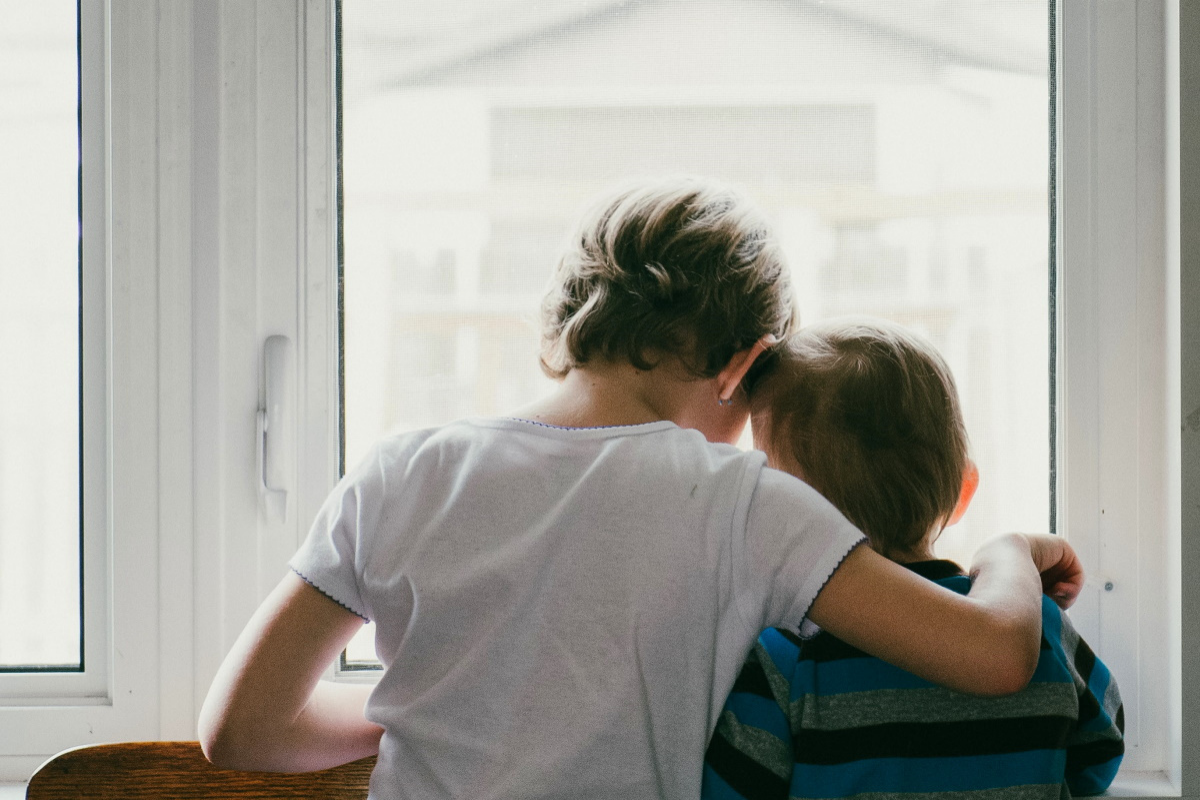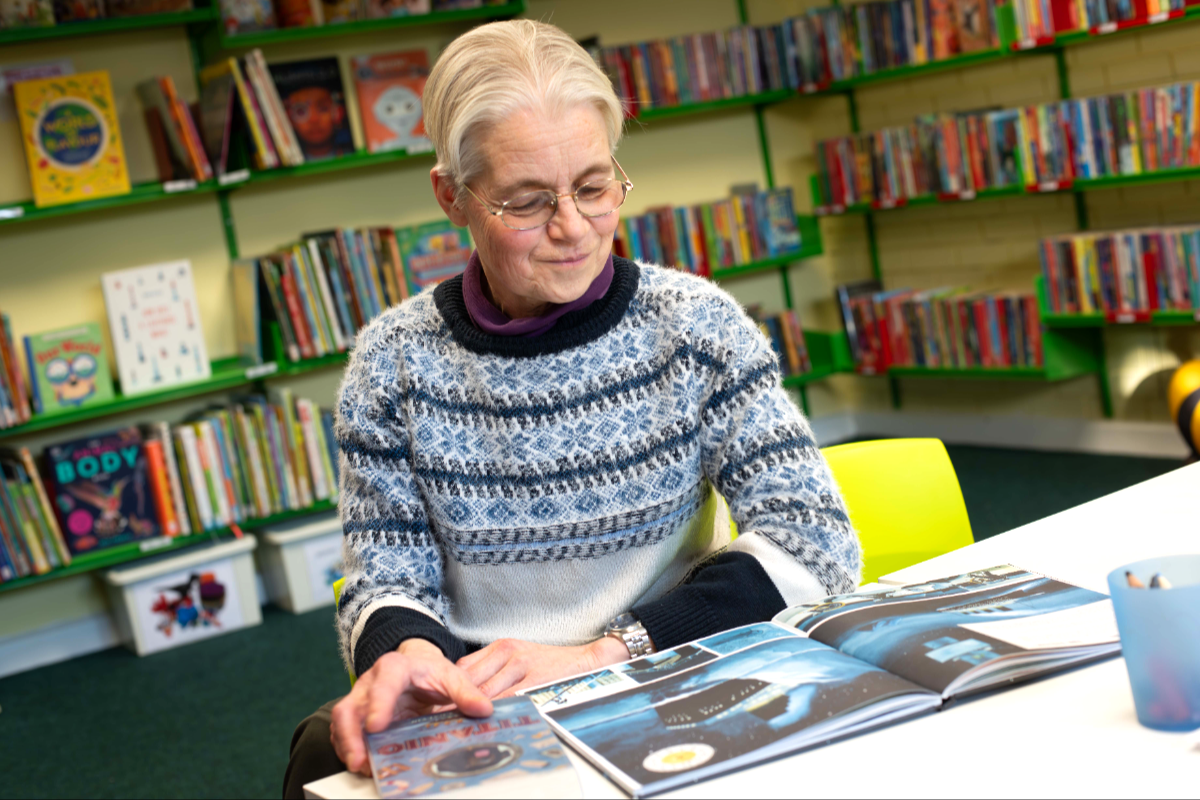
In a bid to tackle the rising mental health challenges faced by children and young people, Scarborough is implementing a multi-faceted approach, according to Dr Gill Kelly, Consultant in Public Health.
Particularly exacerbated by the cost of living, COVID-19, and social media, the region is integrating technology, alongside mental health support teams and wellbeing programs in schools, aiming to create a robust support system for its young people.
One of the key innovations being introduced is the use of virtual reality (VR) headsets. Dr Kelly explained that Sidewalk, a provider of well-being support to older children, is exploring the use of VR headsets that deliver talking therapies to young people. These headsets aim to teach young people about their emotions, well-being and how they react in various circumstances. Initial evidence suggests that this approach could be as effective, if not more so, than traditional talking therapies, especially in situations where shorter sessions are required. This initiative is still in its early stages, and Dr Kelly has expressed her intention to provide further updates as the project develops.
Alongside the introduction of VR, two mental health support teams have been deployed in Scarborough schools, an initiative funded by NHS England. These teams are a vital part of the local mental health support system. They help to bridge the gap in mental health support available in schools, reflecting the increased need within the coastal region.
In addition to these initiatives, some primary schools in Scarborough are participating in the "My Happy Mind" programme. This program, which has been running for a couple of years in some schools, has recently secured additional funding to both extend the program in existing schools and introduce it to new ones. A key aspect of this programme is "My Happy Breathing," a technique which has been positively received by pupils.
One child described how it helped him manage feelings of sadness when playing football, while another said that it made her feel like a marshmallow. The program focuses on educating children about their feelings and emotions, normalising the range of emotions, and showing them it is okay to feel sad. This approach aims to encourage children to understand their emotional responses, recognise a range of feelings as normal, and understand how to manage them.
These interconnected efforts highlight Scarborough's commitment to supporting the mental health and well-being of its young people, recognising that a combination of technology, professional support, and proactive education is key to addressing these complex issues.




 Council Working with Contractors and Club on Scarborough Football Pitch Problems
Council Working with Contractors and Club on Scarborough Football Pitch Problems
 Five Festivals Confirmed for 2025 Scarborough Fair Programme
Five Festivals Confirmed for 2025 Scarborough Fair Programme
 Whitby Town Council Launches Search for Christmas Lights Contractor
Whitby Town Council Launches Search for Christmas Lights Contractor
 Scarborough Athletic Board Working on Groundshare Arrangements
Scarborough Athletic Board Working on Groundshare Arrangements
 Council Confirm Scarborough Athletic May Need to Temporarily Relocate
Council Confirm Scarborough Athletic May Need to Temporarily Relocate
 Burniston Drilling Rig Firm Responds as Parish Councils Vote Against Plans
Burniston Drilling Rig Firm Responds as Parish Councils Vote Against Plans
 Eastfield Illegal Online Pharmacist Jailed
Eastfield Illegal Online Pharmacist Jailed
 Scarborough's New Sea Watching Station Prepares to Open
Scarborough's New Sea Watching Station Prepares to Open
 Half of All Shoplifters Being Identified on North Yorkshire Coast
Half of All Shoplifters Being Identified on North Yorkshire Coast
 Council Chiefs Work on Free Parking Strategy for North Yorkshire
Council Chiefs Work on Free Parking Strategy for North Yorkshire
 Former Scarborough Teacher Backs Call for Short Breaks Carers
Former Scarborough Teacher Backs Call for Short Breaks Carers
 Invisible Solution Helps Reduce North Yorkshire Farm Thefts
Invisible Solution Helps Reduce North Yorkshire Farm Thefts








Comments
Add a comment